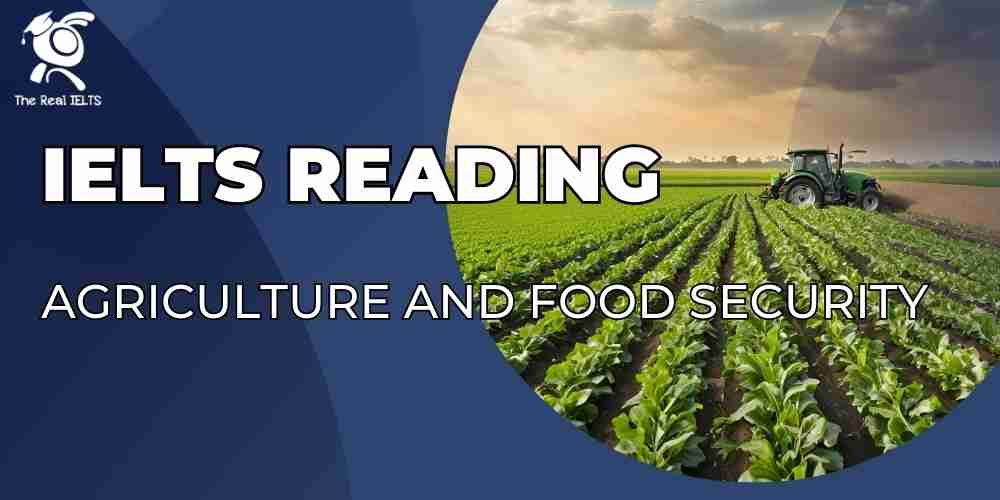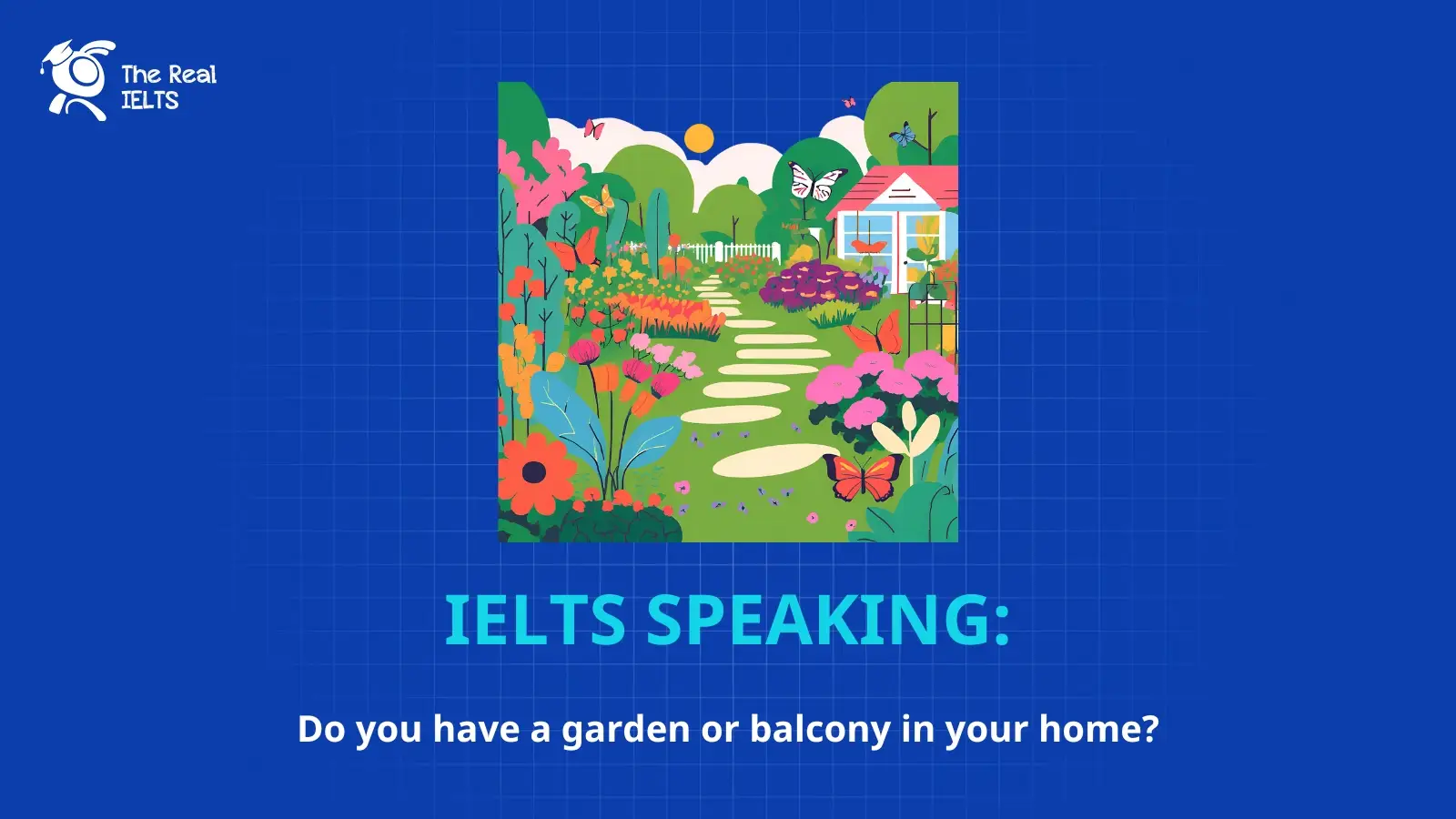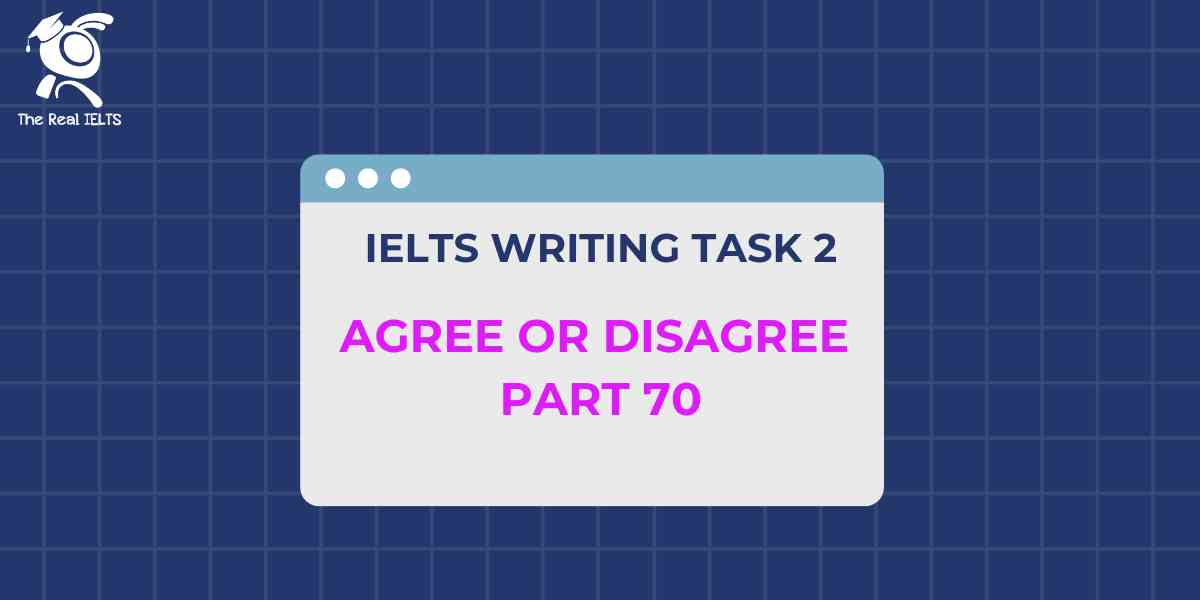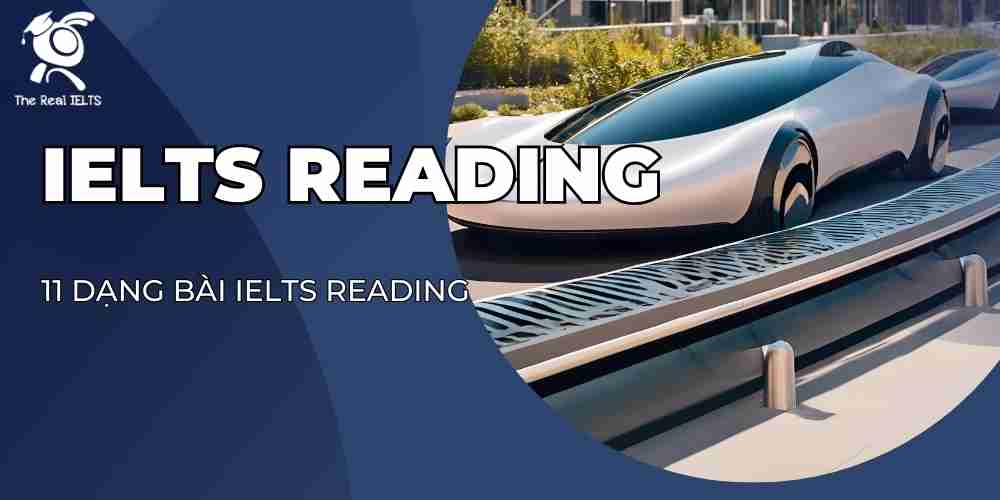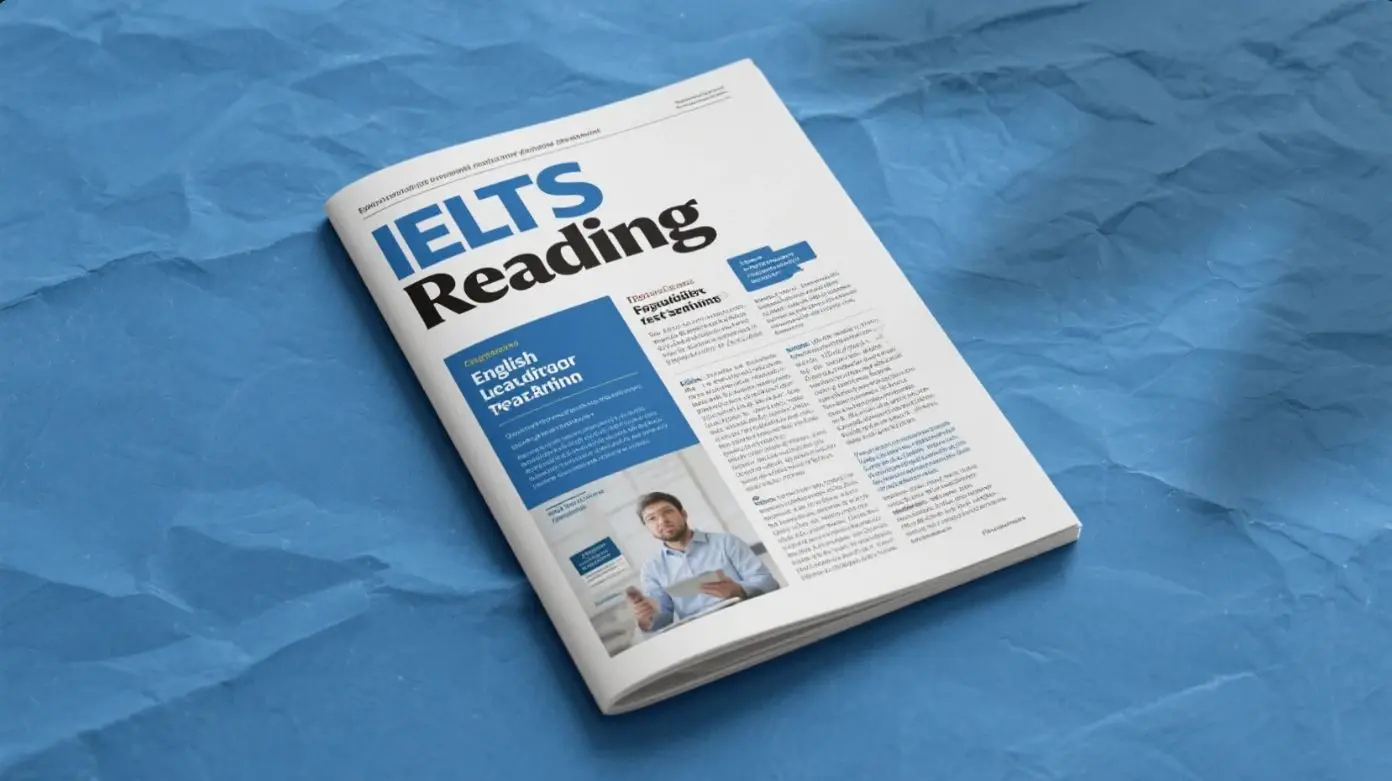Luyện tập IELTS Reading ngày 12 có chủ đề: Sustainable Agriculture and Food Security. Bài này thuộc chuỗi IELTS Reading: 30 chủ đề luyện tập. Mỗi bài này luyện tập khoảng 30 phút.
Học lại bài cũ: IELTS READING Day 11: The Effects of Tourism on the Environment.
Đọc bài IELTS Reading và trả lời câu hỏi ở bên dưới
Sustainable Agriculture and Food Security
The global population is expected to reach nearly 10 billion by 2050, putting immense pressure on the world’s food systems. Ensuring food security for this growing population will be a major challenge, particularly in the face of environmental degradation, climate change, and limited natural resources. Sustainable agriculture offers a pathway to address these challenges by promoting farming practices that are environmentally sound, socially just, and economically viable.
The Concept of Sustainable Agriculture
Sustainable agriculture refers to farming practices that meet current food needs without compromising the ability of future generations to meet theirs. It integrates three main objectives: a healthy environment, economic profitability, and social equity. This approach encourages methods such as crop rotation, reduced pesticide use, organic farming, and agroforestry, which protect soil health, conserve water, and enhance biodiversity.
One key principle of sustainable agriculture is reducing the reliance on chemical inputs, such as synthetic fertilizers and pesticides. These substances can lead to soil degradation, water pollution, and loss of biodiversity. Instead, farmers are encouraged to use natural fertilizers like compost or animal manure, and to employ integrated pest management systems to minimize chemical usage.
Agroecology: A Holistic Approach
A growing movement within sustainable agriculture is agroecology, which applies ecological principles to agricultural systems. Agroecology emphasizes working with nature, rather than against it, to create resilient farming systems. Practices such as polyculture (growing multiple crops together) and the use of cover crops can improve soil fertility, reduce the need for irrigation, and increase biodiversity. This system also promotes the integration of livestock with crop production, reducing waste by using animal manure as fertilizer.
Food Security and Sustainable Agriculture
Food security is defined as the availability, accessibility, and affordability of food to all people at all times. However, achieving global food security is not just about producing more food; it’s about producing it sustainably. Unsustainable farming practices can lead to a decline in soil quality, water shortages, and a reduction in crop yields over time.
Sustainable agriculture plays a crucial role in ensuring food security by building resilient food systems that can withstand environmental shocks, such as droughts, floods, and extreme weather events caused by climate change. By promoting diverse farming practices, sustainable agriculture reduces dependence on monocultures, which are highly susceptible to pests and diseases. In contrast, diverse farms tend to be more resilient and can provide a stable food supply even in times of environmental stress.
The Role of Technology in Sustainable Agriculture
Technology can play a vital role in promoting sustainable agricultural practices. Precision agriculture, for example, uses satellite imagery, drones, and sensors to monitor crop health and soil conditions. This enables farmers to apply water, fertilizers, and pesticides more precisely, reducing waste and minimizing environmental impacts. In addition, the development of drought-resistant crop varieties and improved irrigation techniques can help farmers adapt to changing climate conditions while conserving water.
However, the adoption of these technologies presents challenges, particularly for smallholder farmers in developing countries, who may lack access to the necessary tools, knowledge, and financial resources. Bridging this gap is essential for ensuring that sustainable agricultural practices are adopted on a global scale.
The Future of Sustainable Agriculture
Transitioning to sustainable agricultural systems requires coordinated efforts from governments, the private sector, and civil society. Policies that support sustainable farming practices, such as subsidies for organic farming or investment in research and development of sustainable technologies, can encourage farmers to adopt more sustainable methods. In addition, raising awareness among consumers about the importance of choosing sustainably produced food can create demand for products that are better for both people and the planet.
As the world faces the dual challenges of feeding a growing population and protecting the environment, sustainable agriculture offers a promising solution. By shifting towards farming systems that are more resilient, resource-efficient, and environmentally friendly, we can ensure long-term food security for future generations.
Từ vựng
- Sustainable agriculture – Nông nghiệp bền vững
- Food security – An ninh lương thực
- Environmental degradation – Suy thoái môi trường
- Climate change – Biến đổi khí hậu
- Natural resources – Tài nguyên thiên nhiên
- Economically viable – Có khả năng kinh tế
- Crop rotation – Luân canh cây trồng
- Pesticide use – Sử dụng thuốc trừ sâu
- Organic farming – Nông nghiệp hữu cơ
- Agroforestry – Nông lâm kết hợp
- Biodiversity – Đa dạng sinh học
- Synthetic fertilizers – Phân bón tổng hợp
- Soil degradation – Suy thoái đất
- Water pollution – Ô nhiễm nước
- Integrated pest management – Quản lý dịch hại tổng hợp
- Agroecology – Sinh thái nông nghiệp
- Polyculture – Đa canh
- Cover crops – Cây che phủ
- Soil fertility – Độ phì nhiêu của đất
- Livestock – Gia súc
- Monocultures – Độc canh
- Resilient farming systems – Hệ thống canh tác bền vững
- Precision agriculture – Nông nghiệp chính xác
- Satellite imagery – Hình ảnh vệ tinh
- Drones – Máy bay không người lái
- Sensors – Cảm biến
- Drought-resistant crop varieties – Giống cây trồng chống chịu hạn
- Irrigation techniques – Kỹ thuật tưới tiêu
- Smallholder farmers – Nông dân quy mô nhỏ
- Financial resources – Nguồn tài chính
- Subsidies – Trợ cấp
- Organic farming – Canh tác hữu cơ
- Research and development – Nghiên cứu và phát triển
- Environmental impacts – Tác động môi trường
- Consumer awareness – Nhận thức của người tiêu dùng
- Resource-efficient – Sử dụng tài nguyên hiệu quả
- Environmentally friendly – Thân thiện với môi trường
Câu hỏi IELTS Reading Sustainable Agriculture and Food Security
Questions:
1-4. Matching Information Match each statement with the correct section (A-E) of the text.
- The importance of biodiversity in farming systems.
- The use of technology to improve agricultural efficiency.
- The integration of livestock into farming practices.
- The role of government policies in promoting sustainable agriculture.
A. The Concept of Sustainable Agriculture
B. Agroecology: A Holistic Approach
C. Food Security and Sustainable Agriculture
D. The Role of Technology in Sustainable Agriculture
E. The Future of Sustainable Agriculture
5-10. True/False/Not Given
- Sustainable agriculture requires the complete elimination of chemical fertilizers and pesticides.
- Monocultures are more vulnerable to environmental stress than diverse farms.
- Agroecology promotes the separation of livestock and crop farming.
- Smallholder farmers in developing countries have easy access to advanced agricultural technologies.
- Sustainable agriculture cannot help mitigate the effects of climate change.
- Raising consumer awareness can support the transition to sustainable farming.
11-13. Multiple Choice Questions
- What is one of the main goals of sustainable agriculture?
A. Increasing short-term profits
B. Reducing water use
C. Supporting global monoculture systems
D. Meeting current and future food needs - How does precision agriculture contribute to sustainability?
A. By using more fertilizers and pesticides
B. By improving the speed of crop growth
C. By reducing waste and minimizing environmental impacts
D. By making farming more labor-intensive - Which of the following is a challenge for smallholder farmers in adopting sustainable practices?
A. Lack of consumer demand for sustainably produced food
B. Insufficient access to knowledge and financial resources
C. Overreliance on advanced irrigation systems
D. Difficulty in producing monocultures sustainably
Đáp án IELTS Reading Sustainable Agriculture and Food Security
1-4. Matching Information
- B – Agroecology: A Holistic Approach (The importance of biodiversity in farming systems)
- D – The Role of Technology in Sustainable Agriculture (The use of technology to improve agricultural efficiency)
- B – Agroecology: A Holistic Approach (The integration of livestock into farming practices)
- E – The Future of Sustainable Agriculture (The role of government policies in promoting sustainable agriculture)
5-10. True/False/Not Given
- False – (Sustainable agriculture reduces, but does not require the complete elimination of chemical fertilizers and pesticides.)
- True – (Monocultures are more vulnerable to environmental stress.)
- False – (Agroecology promotes integration, not separation, of livestock and crop farming.)
- False – (Smallholder farmers in developing countries face challenges in accessing advanced technologies.)
- False – (Sustainable agriculture can help mitigate the effects of climate change.)
- True – (Raising consumer awareness supports the transition to sustainable farming.)
11-13. Multiple Choice Questions
- D – Meeting current and future food needs
- C – By reducing waste and minimizing environmental impacts
- B – Insufficient access to knowledge and financial resources


